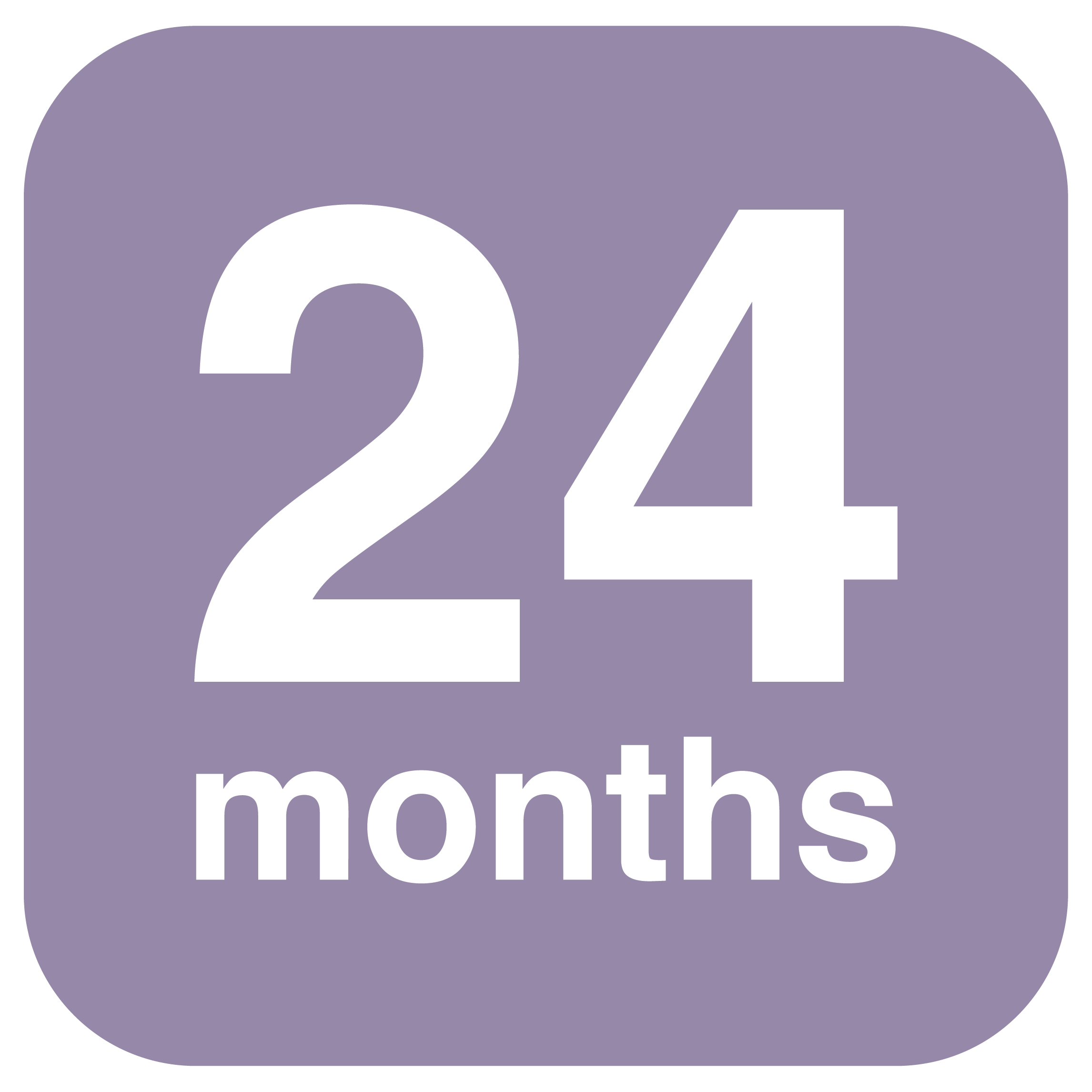LATE TALKERS
Unlock Your Childs Potential
You may be asking yourself:
Is this just a phase?
Should I wait or seek help now?
What steps can I take to support my child’s development?
As a parent, nothing feels more rewarding than hearing your child express themselves. But if your toddler isn’t meeting talking milestones, it can be a source of worry and uncertainty.
Is Your Toddler Not Talking as Much as Their Peers?
You’re not alone. Many families face these questions, and with the right support, you can help your child develop the tools they need to communicate confidently. At Rocky View Speech Therapy, we provide personalized guidance and practical solutions to make that journey easier for you and your child.
A late talker is a child, typically aged 18–30 months, who has a smaller vocabulary than expected for their age but is developing normally in other areas.
Signs that may indicate your child is a late talker:
Using fewer than 20 words by 18 months.
Not combining two-word phrases by age two.
Preferring gestures or pointing instead of speaking.
Every child develops at their own pace, but if these signs sound familiar, it may be worth exploring additional support.
What is a Late Talker?
Key Milestones for Speech Development
Understanding general language milestones can help you gauge your child’s progress.
Babbles with expression and uses simple gestures like waving or pointing.
Says one or two meaningful words, such as “mama” or “dada.”
By 12 Months:
By 18 Months:
Uses at least 10–20 clear words.
Combines gestures with sounds to communicate needs.
Says 50+ words and begins forming two-word phrases, like “want cookie.”
Follows simple instructions, such as “pick up the toy.”
By 24 Months:
By 36 Months:
Has a vocabulary of 200–1,000 words.
Forms sentences of three or more words.
Is mostly understood by familiar adults.
How We Support Your Family
At Rocky View Speech Therapy, we focus on empowering families with the tools and strategies to foster growth.
Our approach includes:
In-Home Convenience: We come to your home, ensuring your child feels comfortable and engaged in familiar surroundings.
Tailored Goals: After a detailed assessment, we create a personalized plan with clear, achievable steps.
Practical Strategies for Parents: Simple, everyday techniques you can use to support your child’s communication development.
A Strength-Based Approach: We focus on celebrating what your child can do while working on areas for improvement.
Why Early Intervention Matters
It’s natural to hope that your child will catch up on their own, but research shows that early intervention can greatly improve outcomes for late talkers. Taking action now can help your child build essential communication skills, giving them a strong foundation for future success.
What Happens in Therapy Sessions?
At Rocky View Speech Therapy, we focus on empowering families with the tools and strategies to foster growth. Every session is customized to your child’s needs and interests, ensuring a positive experience for both of you.
Interactive Play
Toys, games, and activities to encourage new sounds and words.
Vocabulary Building
Gradually introducing new words in meaningful contexts.
Modeling Language
Demonstrating simple words and phrases for your child to imitate naturally.
Turn-Taking Games
Encouraging conversational skills through back-and-forth interaction.
Why Families Choose Rocky View Speech Therapy
At Rocky View Speech Therapy, we focus on empowering families with the tools and strategies to foster growth.
Here’s why parents trust us to support their child’s speech development:
Experienced SLPs: Specialists in working with late talkers and other early communication challenges.
Comfort of Home: Sessions take place in your home, eliminating the stress of travel and unfamiliar environments.
Parent-Focused Guidance: We equip you with tools and insights that empower you to support your child long after the session ends.
FAQs About Late Talkers
Q: What if my child just needs more time to talk?
Every child develops differently, but early support can prevent potential delays from becoming larger challenges. A consultation with an experienced SLP can help determine if intervention is needed.
Q: What can I do at home to help my late talker?
You can try simple activities like narrating daily routines, repeating your child’s sounds, and encouraging them to imitate your words. We’ll provide tailored strategies during our sessions.
Take the First Step Today
Supporting your child’s communication journey starts with understanding their unique needs. With the right guidance, late talkers can thrive and gain the confidence to express themselves.
Contact us today to schedule a first session and learn how Rocky View Speech Therapy can help your child unlock their potential.


















